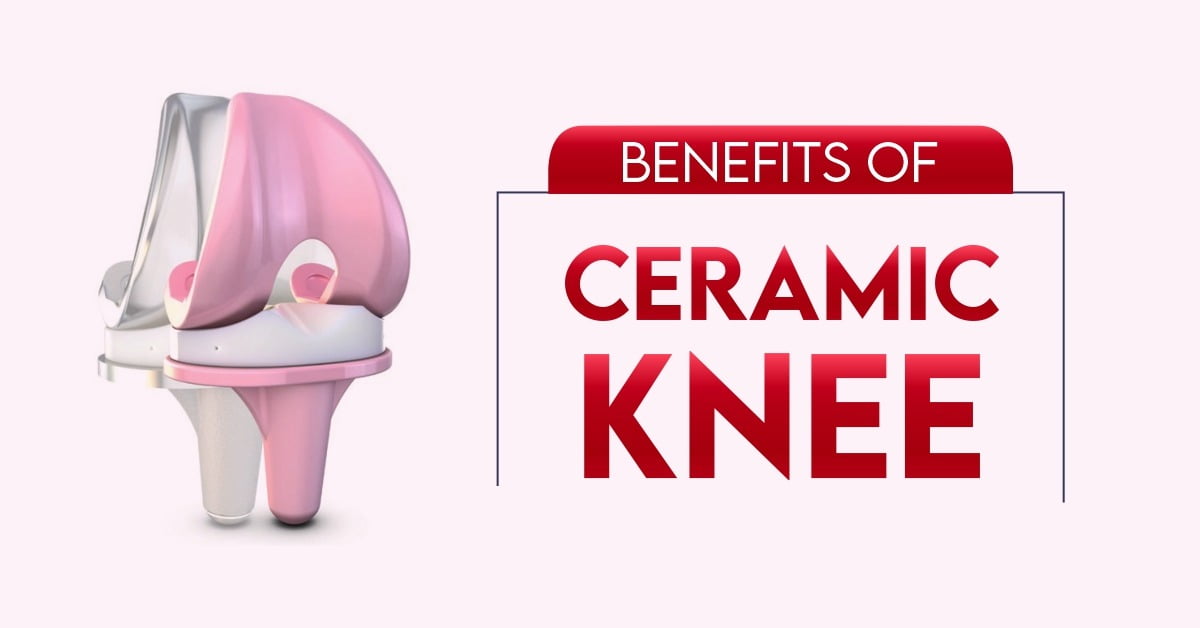How long does a ceramic knee last?
Ceramic knee is popular for its durability. It is a “Knee for Lifetime” because of its strength and resistance to wear, ceramic knees usually last 20 to 30 years or more.
Are ceramic knee replacements/resurfacing good?
Since ceramic knee implants have a smooth surface, less friction, and less stress on surrounding tissues, they are broadly considered quite beneficial as well as efficient.
Which material is best for knee replacement or resurfacing?
While there are many concerns and benefits associated with each material, ceramics and metals are frequently utilised in knee replacement surgery.
Is there any difference between knee replacement and surfacing?
Knee surfacing just resurfaces the damaged portions of the knee, leaving more of the natural joint intact, whereas knee replacement replaces the entire damaged joint with an artificial prosthesis.
Ceramic knee implants are a noteworthy development in orthopaedic technology, providing a number of advantages that make them an appealing option for those requiring knee replacement surgery. Patients with knee discomfort and dysfunction may find their lives significantly improved by ceramic implants because to its increased biocompatibility, less wear and tear, and greater longevity. As orthopaedics continues to advance via research and innovation, ceramic implants are a prime illustration of how technology may enhance patient outcomes and raise the bar for medical treatment. At Amandeep Group of Hospitals, the knee resurfacing surgeon makes sure to use ceramic implant for smoother and better surgery.




